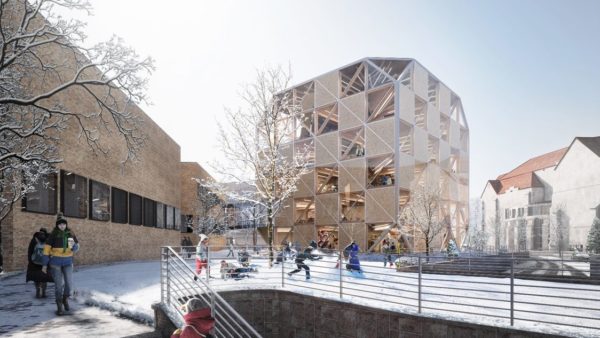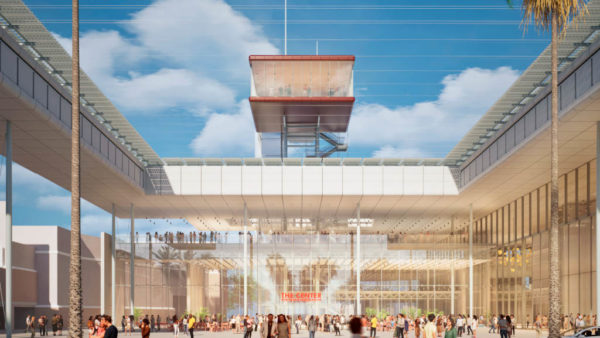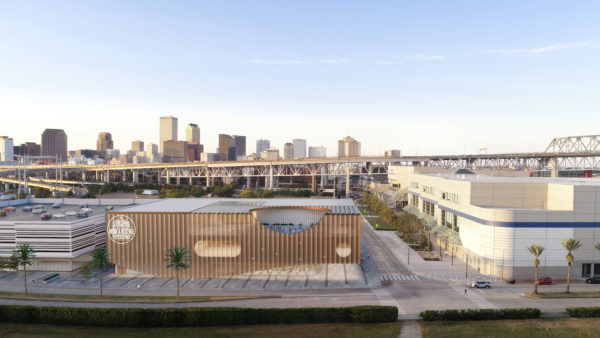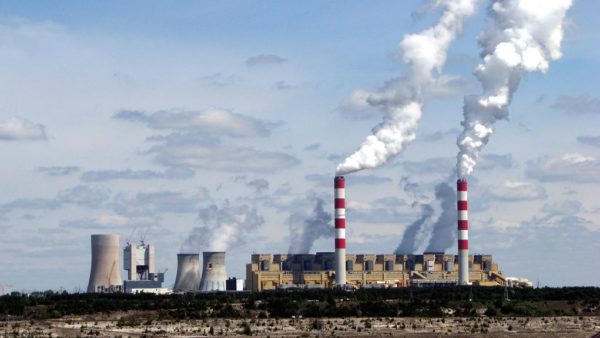London-based Zaha Hadid Architects (ZHA) has hit back at the Japanese government’s shock decision to scrap its design for the new National Stadium, which was intended to host the 2020 Olympic games, saying the spiralling construction costs had nothing to to with the design itself.
In an unprecedented rebuttal issued to media yesterday to "set the record straight", ZHA, founded by renowned Iraqi-born architect Zaha Hadid (pictured), blamed the high costs on an uncompetitive contract tendering process, skyrocketing building costs in Tokyo, and on being prevented from working with the contractor to keep costs to a minimum.
ZHA said decision-makers’ minds were in effect poisoned against its controversial design by a report based on incorrect figures supplied by the contractor, without ZHA’s input.
The architect said that going with another design now risked delay with no guarantee of lower costs, and that it remained willing to help bring down the cost of its design in cooperation with the sport council.
Nasty shock
ZHA’s design received formal approval on 7 July, but just ten days later the architect got a nasty shock when it learned through news reports of the sudden cancellation.
But in a statement emailed to media yesterday, ZHA said emphatically that the deign itself was not to blame.
Making the announcement, Japan’s prime minister ShinzÅ Abe said the cost of the $2bn stadium "has just ballooned too much".
The design had also suffered stinging criticism from famous Japanese architects.
Starting the design process again does not tackle any of the fundamental issues that have led to an increased estimate in budget for the National Stadium– Zaha Hadid Architects
"The design was developed by a joint venture of leading Japanese design offices led by Nikken Sekkei, with ZHA supervising the design development," ZHA said.
"The team dedicated thousands of hours to develop a design for a new National Stadium to the brief, requirements and budget of our client, the Japan Sport Council (JSC). At every stage over the two years of development, the design and budget estimates were approved by the JSC. ZHA worked proactively to reduce the estimated cost throughout."
Uncompetitive
The first problem, according to ZHA, was the "restricted and an uncompetitive approach to appointing construction contractors".
JSC relied on a two-stage tender process – unusual for a public building in Japan – in which contractors are appointed before they submit cost estimates.
ZHA said high costs would be the natural result without an international competition based on price.
"Our warning was not heeded that selecting contractors too early in a heated construction market and without sufficient competition would lead to an overly high estimate of the cost of construction," ZHA said.
Expensive place to build
ZHA also blamed the very high, and rising, cost of building anything in overheated Tokyo, exacerbated by the falling value of Japan’s currency, the yen.
"The current building boom in Tokyo increasing construction demand, a limited labour supply and the yen’s significant drop in value greatly increasing the price of imported raw materials have all contributed to Tokyo’s construction costs growing dramatically since 2012/2013 when the new National Stadium project was first announced," ZHA said.
"Between July 2013 and July 2015, Tokyo construction costs increased by an average of 25% and are forecast to increase at a similar rate for the next four years," it added.
Shut out
A third factor factor was ZHA being shut out of the process of turning the design into a solid building plan.
It said: "In our experience the best way to deliver high-quality and cost-effective projects is for the selected designers to work in collaboration with the construction contractor and client as a single team with a single aim.
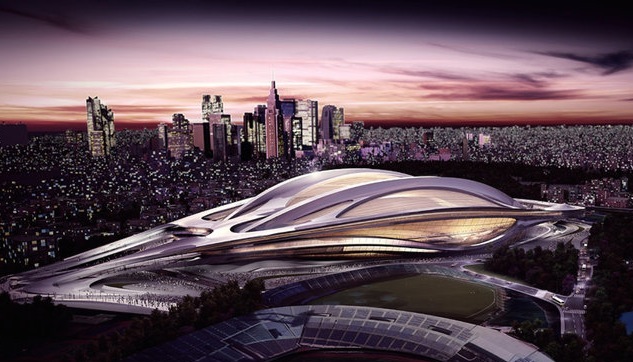
The controversial design for the Olympic stadium was criticised by famous Japanese architects (ZHA)
"However, we were not permitted to work with the construction contractors, again increasing the risk of unnecessarily high cost estimates and delays in completion."
Finally, the stadium advisory committee was swayed by a JSC report on 7 July that used figures provided by the construction contractors incorrectly claiming that the design was responsible for most of the increase in budget.
ZHA said it was not informed in advance of this announcement and immediately contested the incorrect claims with the JSC, but it was too late.
Bad idea to start again
The government said it would look again at designs submitted in the original competition, but ZHA argued that that would not deliver a cheaper or better stadium.
"Starting the design process again does not tackle any of the fundamental issues that have led to an increased estimate in budget for the National Stadium, which could in fact become even more problematic due to the significant further delay in starting building," ZHA said.
"Construction costs will continue to rise towards the immovable deadline of the Tokyo 2020 Games Opening Ceremony in exactly five years."
ZHA said it has written to the prime minister expressing its concerns, and stands ready to work with the JSC to produce a lower-cost design.
But it also plans to make its case to the world: "In the coming weeks we also plan to share, in Japan and across the international design community, the many innovative solutions achieved through the years of work and investment that has gone into the design for the National Stadium," the firm said.
- Read ZHA’s full statement here.
Photograph: Iraqi-British architect and founder of ZHA, Zaha Hadid (ZHA)





